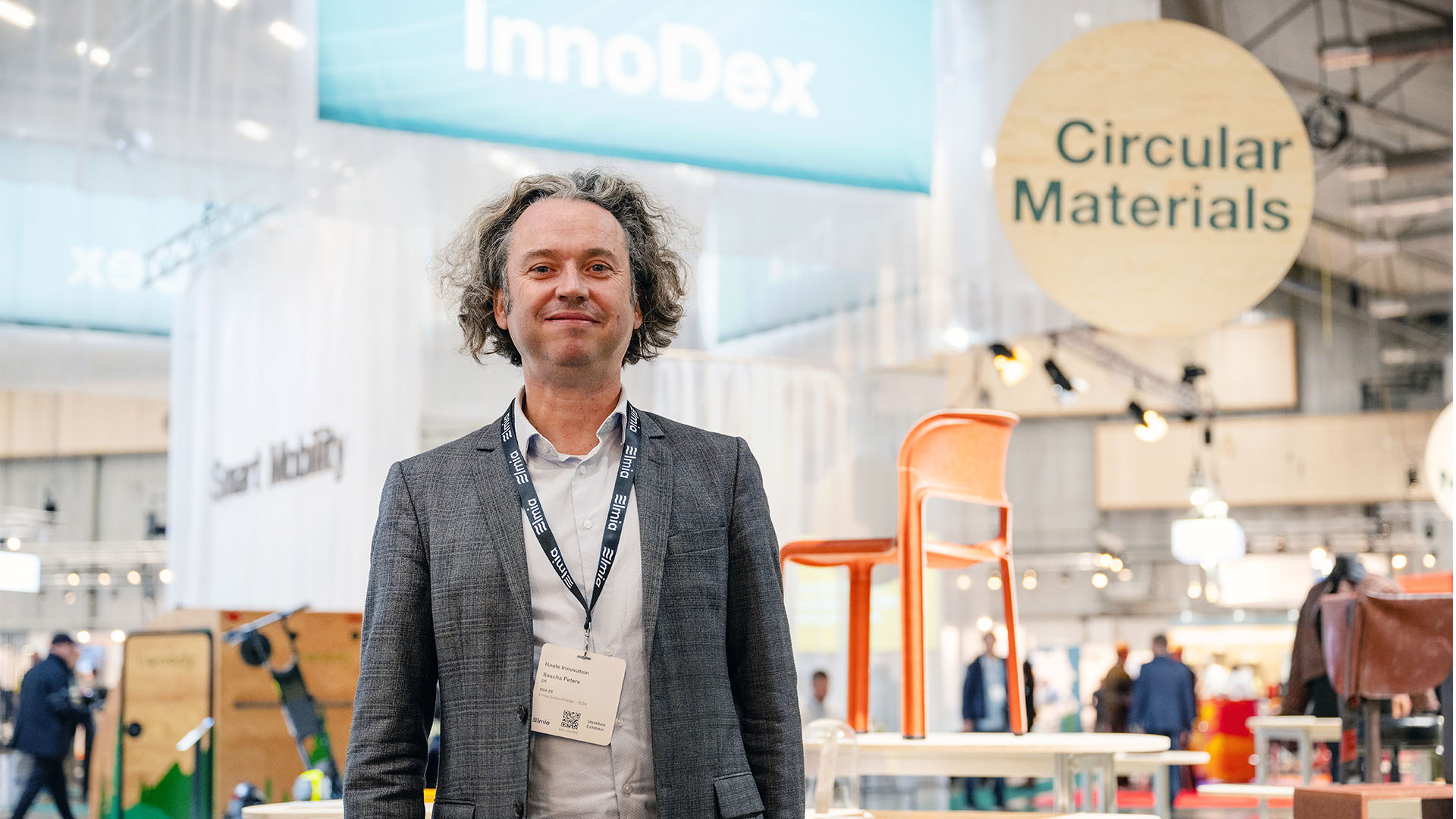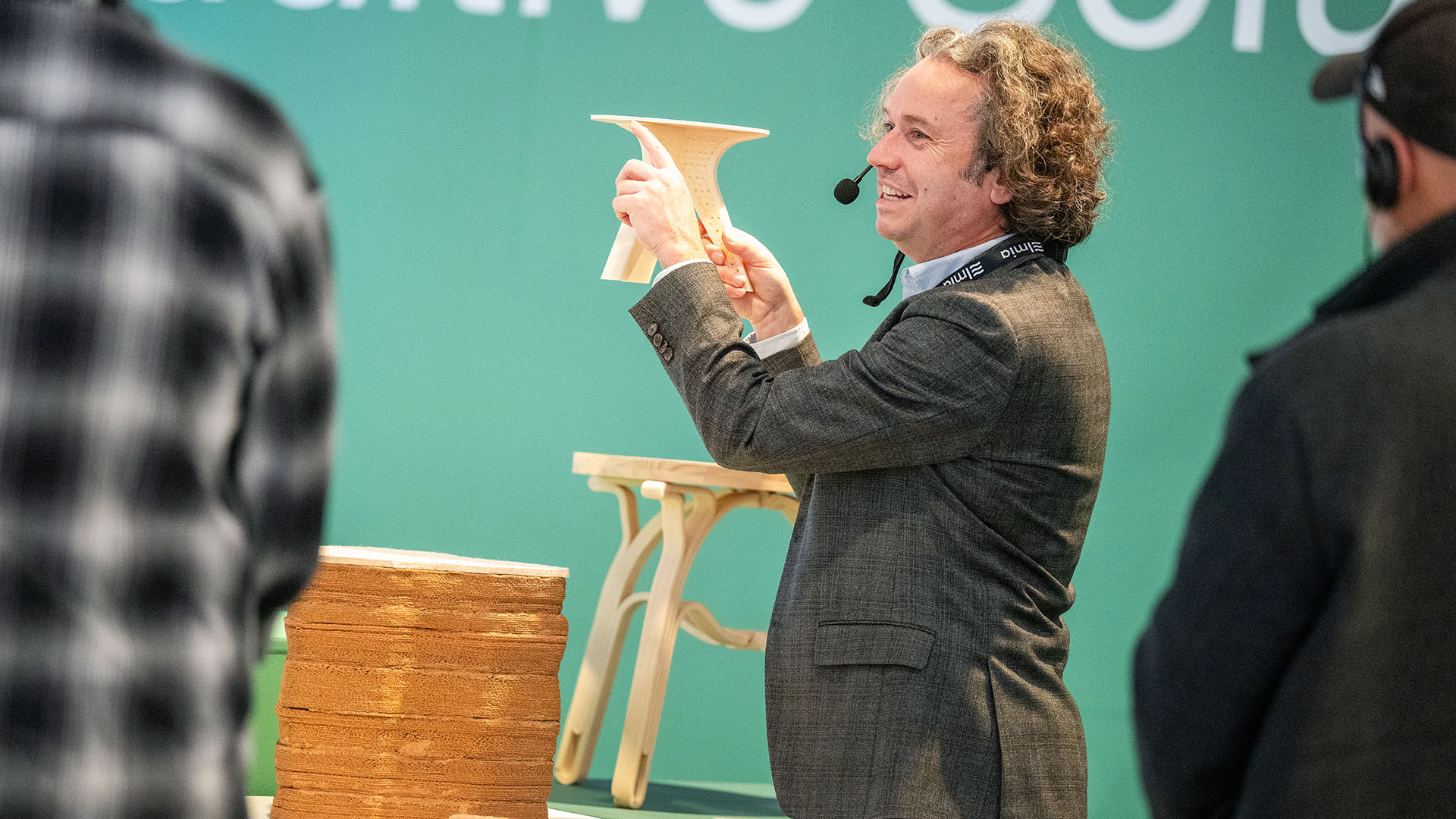From fungi to cooling metals – the innovations shaping the future

Materials play a decisive role in the development of the manufacturing industry. When SMART by Subcontractor opens at Elmia Subcontractor this November, visitors will get the chance to explore some of the most exciting innovations right now. One of the experts behind the materials section in SMART Labs is Dr Sascha Peters, an international authority on new material solutions.
– One clear trend is the use of bio-circular materials. By combining renewable energy with carbon-neutral production, it becomes realistic to reduce the industry’s climate impact. At the same time, plastic-free binders, non-toxic dyes and healthier materials for car interiors or furniture open the door to better and more sustainable living conditions, he explains.
Experiences in the materials lab
At SMART Labs, visitors don’t just hear about innovation – they get to experience it firsthand.
– In the materials lab we have gathered more than 40 different material developments, divided into ten “innovation islands.” We want to inspire both designers and suppliers to see what new materials can mean for the future. One example is elastocaloric materials, which create a cooling effect when bent. We will show a demonstrator onsite, where visitors can actually feel the cooling effect themselves.

Towards a greener industry
The green transition places new demands on material selection and production. Here, innovative materials can play a crucial role.
– Bio-circular materials can help reduce the industry’s carbon footprint. They are circular in both a technological and a biological sense, meaning they have no negative impact on nature. We also show examples of materials being used as carbon sinks – for instance, the UK start-up Carbon Cell, which has developed a biodegradable foam based on biochar, says Peters.
Future possibilities
When asked which material innovation best symbolizes the possibilities of the future, Peters points to fungi-based solutions.
– After some 20 years of development, we now see advanced industrial applications using fungi and mycelium. One example is researcher Gustav Nyström at Empa, who has created a fungi-based battery to power biodegradable sensors in agriculture. Another highlight comes from Fraunhofer IWU, where scientists are working to 3D print loudspeaker cabinets made from mycelium – creating both sound-absorbing and sound-reflecting surfaces in one single step.
Advice to visitors
SMART by Subcontractor brings together everyone from designers and engineers to buyers and managers. To them, Peters offers a clear piece of advice:
– The world is in turmoil right now, but the best response is to trust in our own strength. We need to reform our economic system and transform it into a carbon-neutral circular economy based on renewable energy and resources. If we succeed, Europe will become more self-sufficient – and the entire continent will benefit from it.
Read more about which materials Dr. Sascha Peters will highlight for this year's fair here!